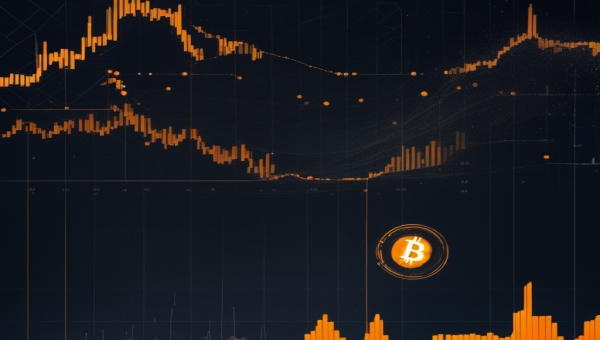Trend Reversal
Trend Reversal
Understanding the Concept: What is Trend Reversal?
In the context of option trading with cryptocurrencies, a Trend Reversal refers to a change in the prevailing direction of price movement. It signifies a shift in market sentiment, usually from bullish (rising prices) to bearish (falling prices), or vice versa. A trend reversal can be driven by a range of factors, such as significant news events, updated market forecasts, or changes in economic indicators.
Why is Trend Reversal vital in Option Trading?
In cryptocurrency option trading, recognizing a Trend Reversal can be critical for making informed decisions. It has direct implications for both option buyers, who win when the price moves in favor of their prediction, and option sellers, who benefit when price movement does not favor the buyer's prediction. Pinpointing the moment when trends change can potentially open up lucrative opportunities.
Determining a Trend Reversal
Identifying a Trend Reversal isn't always straightforward. Traders typically rely on a mix of technical analysis tools to help spot significant shifts in price trends. These may include moving averages, relative strength index (RSI), and volume data. Knowledge and experience also play crucial roles in this process.
Example of Trend Reversal in Cryptocurrency Options Trading
Consider an option to buy Bitcoin at a certain price in anticipation of a bull market continuation. If a Trend Reversal occurs and prices start to fall, the option could become worthless by its expiry date. Conversely, if an option to sell Bitcoin was taken out in anticipation of a bear market, and a bullish trend reversal happens, the trader might end up profiting.
Final Thoughts on Trend Reversal
In summary, a Trend Reversal is an important concept in the world of cryptocurrency options trading. Understanding it can greatly benefit traders by providing potential opportunities to maximize profits and minimizing losses. Mastery of this concept requires continual learning, experience, and hands-on practice with technical analysis tools.
Blog Posts with the term: Trend Reversal

In this article, the author explores the importance of understanding Bitcoin chart patterns in order to predict future price movements and make informed trading decisions. They discuss common chart patterns such as the Head and Shoulders, Double Top and Double...

Bitcoin options are financial derivatives allowing the holder to buy or sell bitcoins at a predetermined price on a specific date, used by traders to hedge against volatility or speculate on future prices. Historical data in bitcoin options trading is...

This article provides a comprehensive guide to understanding and using the Head and Shoulders (H&S) pattern in cryptocurrency trading. It explains how to identify the pattern, interpret its significance, and make trading decisions based on its breakdown, emphasizing the importance...

Open interest in option trading refers to the total number of outstanding contracts that have not been settled, providing insights into market activity and liquidity. By analyzing open interest alongside price movements, traders can gauge market sentiment, confirm trends, identify...

The article explains the essential components and interpretation of crypto options trading charts, covering basics like time frames, price axes, candlesticks, volume bars, as well as advanced elements such as open interest, implied volatility (IV), strike prices, expiration dates, bid/ask...

Exit timing in option trading is crucial for maximizing gains or minimizing losses, influenced by factors like market volatility, time decay, and liquidity. Traders must establish a clear exit strategy before entering a trade and adhere to it despite emotional...

Bitcoin Technical Analysis is a specialized field that uses historical trading data and indicators to predict the future price movements of Bitcoin. Understanding trends, volume, price levels, and market indicators can help traders make informed decisions in the volatile cryptocurrency...

Option trading stocks allow investors to potentially increase their investment returns through contracts that give the right, but not the obligation, to buy or sell at a specified price before a certain date. Understanding option types, pricing components like intrinsic...

Option trading involves financial derivatives allowing buyers to purchase or sell an asset at a set price before expiration, with strategies ranging from simple transactions to complex spreads. Indicators aid traders by providing data for strategy formulation and timing trades;...

Option trading involves buying and selling contracts that allow traders to speculate on asset prices or hedge against losses, with inherent risks and the potential for substantial profits. A high option trading win rate is crucial for long-term profitability, requiring...

